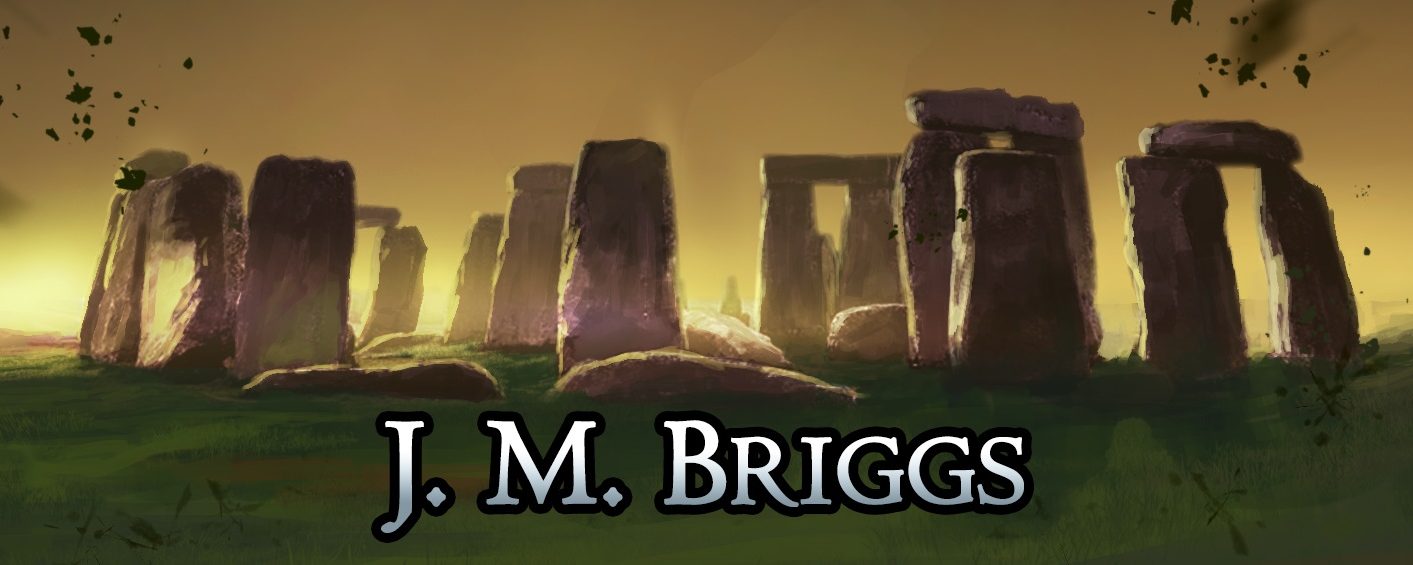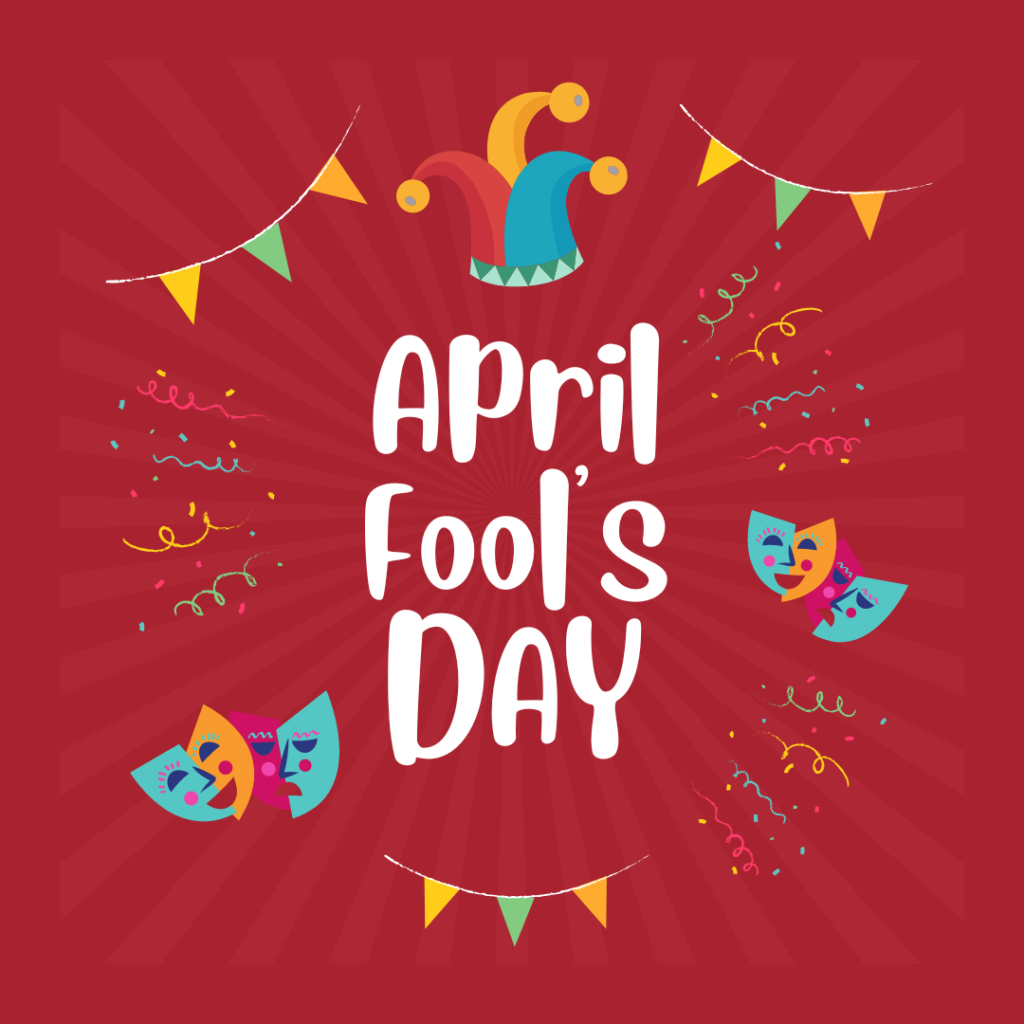Happy April Fools’ Day! Even if you aren’t one for pranks and tricks, the very recognition of this holiday is in itself, a celebration of mischief. The reason? No one is completely certain as to the origin of the holiday as it doesn’t align completely with any documented holidays or celebration and no clear records as to when it first began.
What is generally agreed on is that the notion of an April fool existed in 1561. An early, clear reference to April Fools’ Day appeared in a poem written by Flemish poet Eduard de Dene. In the poem, a nobleman sends his servant out in a series of errands that are truly meant as a joke. The servant eventually realizes that he’s been sent on “fool’s errands” after remembering that it is April 1. This confirms that April Fools’ Day was an aspect of culture in 1561, but gives no further clues to its origin.
There are a couple of major theories amongst historians. Some link the holiday to the ancient Roman festival of “Hilaria,” which was celebrated in late March. It was a day of merriment and rejoicing in the Cybele-Attis cult which celebrates the journey of Attis. The cycle begins with his finding by Cybele among the reeds on the bank of the River Gallus on March 15, Attis’s self-mutilation on March 22, the mourning of his death on March 24, and the celebration of his resurrection on March 25 as “Hilaria.” Some historians link the festivities and traditional acts of “Hilaria” with the modern April Fools’ holiday.
Other historians look to the medieval Feast of Fools which developed in Europe in the late 12th and early 13th centuries as part of celebrating the start of a new year. During the Feast, participants would elect false religious figures and parody ecclesiastic rituals. There are limited records and accounts of the festivities making it difficult to determine the exact traditions that may have developed as part of the Feast of Fools. Records do survive that indicate displeasure from the Catholic Church regarding the Feast of Fools. The first half of the 15th century saw a series of sustained attacks on the Feast of Fools by religious figures which resulted in its condemnation by the ecumenical council of Basel in 1435 which theoretically banned it. The Pragmatic Sanction of Charles VII of France in 1438 reiterated the ban, and the faculty of theology at the University of Paris issued a letter in 1445 condemning the holiday which seems to have held on in southern France even after the initial ban.
But the Feast of Fools was a new year celebration so how could it be connected to April 1? Prior to the creation of the Gregorian Calendar in 1582, most European nations celebrated New Year’s Day on March 25. Since the celebrations of the Feast of Fools generally took place over a week or so, this would cause them to end on April 1. Old accounts of the festivities seem to link those who forgot to change over to the new calendar as being ridiculed. Historians propose that when the calendar change moved the new year to January along with the Feast of Fools, the cultural link to April 1 being a day of fools remained. However, it is noteworthy that the use of the word “fool” in this era usually meant the humble rather than being another word for jester as is it modern audiences. The point of these celebrations is believed to be about showing that God favors those regarded as socially lesser. So even this theory about the origins of April Fools’ Day has some issues.
So, with its unknown origins and scattered breadcrumbs throughout history, April Fools’ Day comes around each year to taunt and prank us all.

